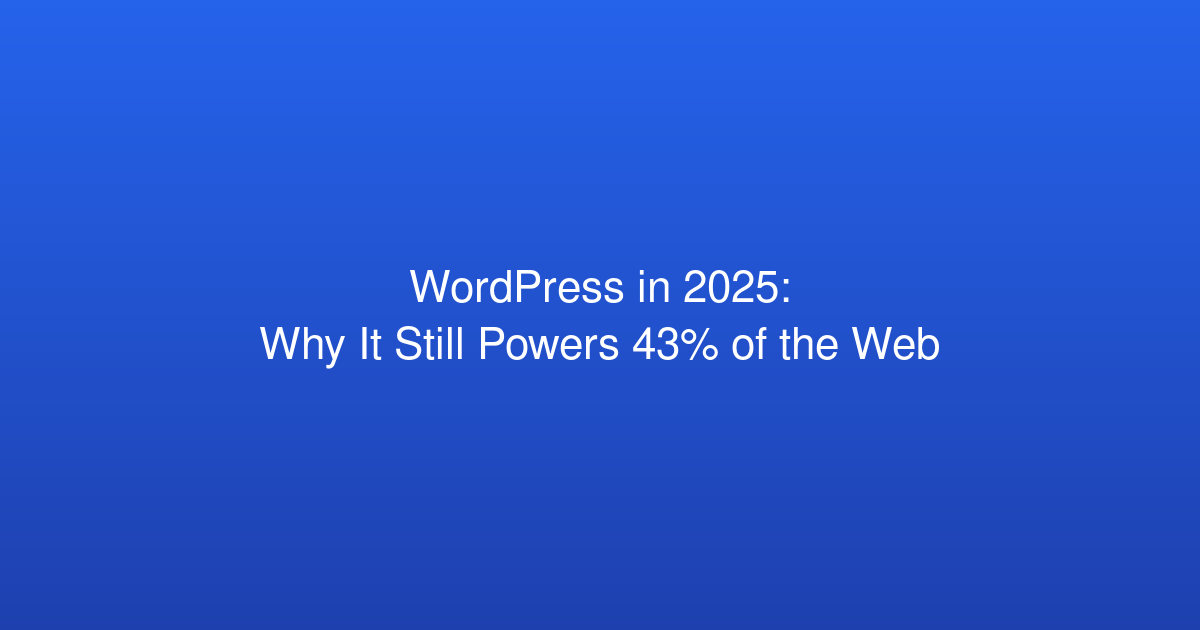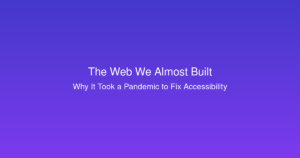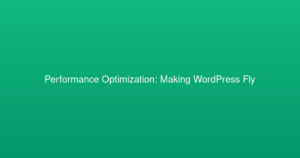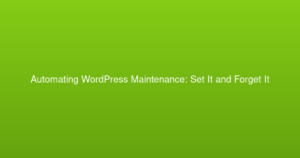WordPress in 2025: Why It Still Powers 43% of the Web
Despite predictions of its demise, WordPress continues to dominate the web. Here’s why it’s still the king of CMS platforms.

WordPress in 2025: Why It Still Powers 43% of the Web
Published: May 14, 2025
Remember when everyone said WordPress was dead? Yeah, me too. That was back in 2019 when headless CMS solutions were the new hotness and Gatsby was going to “kill” traditional content management. Fast forward to 2025, and WordPress is still chugging along like that old Toyota Camry that refuses to die—reliable, practical, and somehow still getting the job done.
I’ve been building websites since the days when we had to walk uphill both ways to upload files via FTP, and I’ve watched countless “WordPress killers” come and go. JAMstack, Strapi, Ghost, Contentful—they all promised to be the future. Some carved out decent niches, but WordPress? It’s still here, still growing, and still powering 43% of all websites on the internet.
The Unsexy Truth About Success
WordPress wins because it’s boring in the best possible way. While developers chase the latest shiny framework, WordPress just works. Your client wants to update their hours? They can do it themselves. Need to add a contact form? There’s a plugin for that. Want to sell products online? WooCommerce has entered the chat.
I learned this lesson the hard way after spending three months building a client a “modern” headless solution that looked great in my portfolio but was a nightmare for them to maintain. They ended up asking me to rebuild it in WordPress. Humbling? Absolutely. Educational? You bet.
The Gutenberg Revolution (That Actually Happened)
Let’s talk about the elephant in the room: Gutenberg. When it launched in 2018, the WordPress community lost its collective mind. “It’s broken!” “It’s too complicated!” “I’m switching to Drupal!” (That last one was particularly amusing.)
But here we are in 2025, and Gutenberg has evolved into something genuinely powerful. The block editor isn’t just about content anymore—it’s a full-site editing system that gives clients the flexibility they want without the chaos they’d create with raw HTML access.
Full Site Editing (FSE) finally delivered on its promise. I can hand a client a block-based theme and know they can customize their site without breaking everything. It’s like giving them Legos instead of a 3D printer—they can build cool stuff without accidentally creating structural instability.
Performance Isn’t a WordPress Problem
The biggest myth about WordPress is that it’s slow. WordPress isn’t slow—bad WordPress implementations are slow. A properly configured WordPress site with good hosting, caching, and optimized images can absolutely fly.
I’ve built WordPress sites that score 98+ on Google PageSpeed Insights. The secret? Understanding that WordPress is a tool, not a magic wand. You still need to optimize images, minimize HTTP requests, and choose your plugins wisely. But the same is true for any platform.
The difference is that WordPress has a mature ecosystem of performance tools. WP Rocket, W3 Total Cache, Autoptimize—these aren’t afterthoughts; they’re battle-tested solutions developed over years of real-world use.
The Developer Experience Got Good
Modern WordPress development is nothing like the Wild West days of 2010. We have proper dependency management with Composer, local development environments like DDEV and Local, and a REST API that actually works well.
The WordPress coding standards aren’t just suggestions anymore—they’re enforced by tools like PHP_CodeSniffer. Version control is standard practice. Automated testing is becoming the norm. WordPress development grew up, and frankly, it’s about time.
Why I’m Still Betting on WordPress
Look, I’m not a WordPress fanboy. I use the right tool for the job, and sometimes that’s Next.js or Laravel or even plain HTML. But for the vast majority of business websites, WordPress still makes the most sense.
It’s open source, so you’re not locked into a vendor. It has a massive community, so finding help or developers is easy. It scales from simple blogs to enterprise applications. And most importantly, it empowers clients to manage their own content without needing a CS degree.
In an industry obsessed with the next big thing, WordPress succeeded by focusing on the fundamentals: ease of use, flexibility, and reliability. Turns out, those aren’t going out of style anytime soon.
So the next time someone tells you WordPress is dead, just smile and show them the statistics. 43% of the web can’t be wrong. Well, technically they could be, but they’re not.


